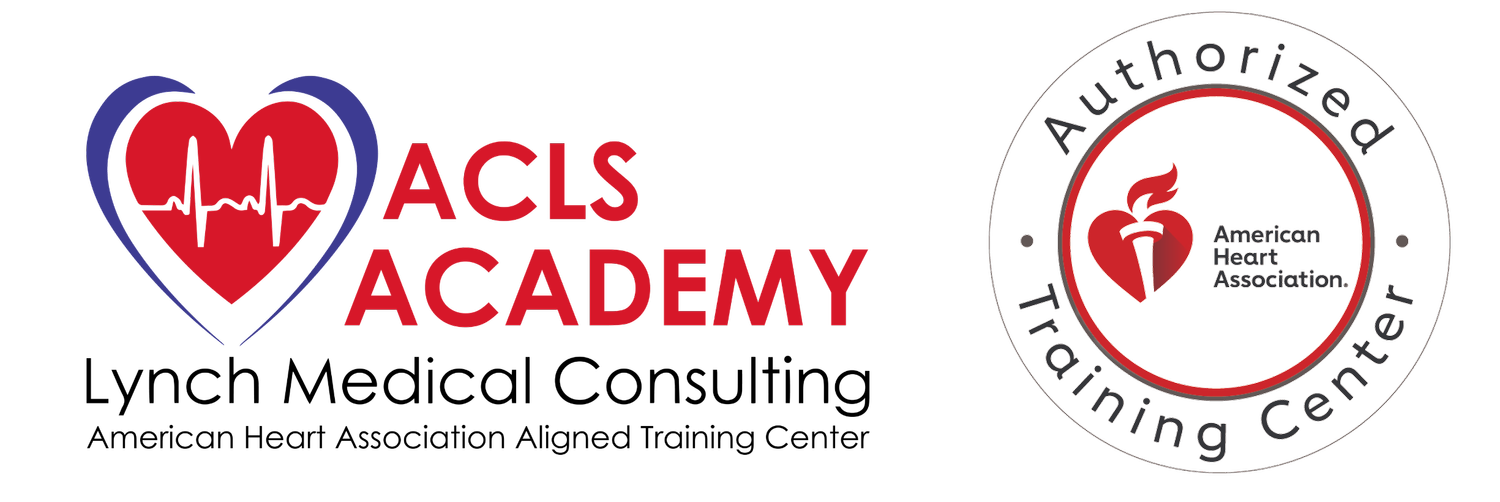It’s a new year: a clean slate and a time to begin afresh. Embarking on anything new is a time of hope and good intentions; however, being realistic with your new year's health resolutions sets you up for success. When it comes to your heart, you want to make changes to continue lifelong.
Start small and set realistic goals. It’s a marathon, not a sprint. Lofty, highly restrictive, unsustainable health goals typically lead most people to break their resolutions within a few weeks. This is why many people make the same resolutions year after year. Instead of making significant modifications, make a few small, attainable changes at the beginning, which can be broadened if those are achieved.
Slim down and eat healthily. Portion control is a great place to start. Not only does portion control regulate calorie intake, prevent overeating, and promote healthy eating habits, but it also allows you to eat the foods you love and crave in moderation. But don’t eat those smaller portions late at night. The last thing you do for the evening shouldn’t be food. Experts suggest that dinner should be eaten by 7 pm. Eating an early and light dinner helps to improve sleep, improve digestion, boost metabolism, and reduce blood pressure, keeping you healthy.
Move. Not to another neighborhood but to your body. Finding ways to exercise is the first step toward a healthier heart. Aim for 30 minutes of moderate exercise five days a week. Even small changes can make a difference. If you’re going into an office or commercial building, make it a priority to take the stairs. At the grocery store, park farther away to get in some additional steps. Getting your heart rate up is an excellent place to start.
Reduce stress and tame tension. Highly anxious people tend to have more heart attacks and strokes. Make time in your day to do things that help you relax. Try meditation, listening to music, talking with friends, walking outside, reading a book, or exercising.
Get more quality sleep. We should be getting seven and a half hours of sleep every night. A lack of sleep makes your brain and body sluggish, so prioritizing sleep can go a long way. Shortening your sleep can lead to overeating, heart failure, hypertension, and atrial fibrillation. Having less sleep consistently can increase blood pressure and cause inflammation. The part of the brain activated during sleep deprivation is near the region where hunger is, so we know you eat more if you don’t sleep. Trouble getting or staying asleep? Create a sleep-friendly environment by making your bedroom easier to get a good night’s rest. Invest in blackout curtains that block light or a white noise machine that might help you sleep more efficiently and in a more relaxed room.
Cut back on your sugar and salt habits. A place to start with sugar is to quit drinking all soda. You’ll lose weight just by quitting soda, including diet sodas. Quitting soda can be a springboard to a healthier lifestyle. To reduce salt, one tiny change is merely opting for lower salt options at the grocery store.
Drink More Water. Reducing salt intake, drinking enough water, and staying hydrated are ways to support our hearts and may help reduce long-term risks for heart disease. Drinking more water has many health benefits, such as keeping your skin healthy and helping your brain function at total capacity. The average adult needs between two and three liters a day, meaning we should drink about a cup of water every hour throughout the day. Drinking water will also make you feel full and assist you with that portion control goal.
Schedule a yearly checkup. Seeing your doctor once a year is a great way to baseline your health metrics such as blood pressure, heart rate, and blood labs. Aside from ensuring that you have no major health problems, a physical allows your doctor to monitor your blood pressure and glucose levels. They will also likely discuss physical activity, drinking, smoking, and eating habits — all affecting your heart health. It is also a great time to assess your risk factors based on the health status of family members.
Be a “cheater”. All-or-nothing goals are more likely to fail. According to Dutch researchers, abstinence and inhibition of certain behaviors or products frequently lead to 'irresistible urges' and cravings that are difficult to restrain. This may lead to the breakdown of self-regulation and snowball into a complete loss of control. The occasional indulgence feels nicer than constant self-denial and makes it more likely you'll reach your goal. Whether it’s improving your diet, exercising every day, or reducing your stress, give yourself a break and focus on doing that thing most of the time, and you may reach more of your healthy goals.
Maintain perspective. Changing a lifestyle habit isn’t always easy. These take time, and sometimes we slip up, but we try to maintain perspective and get back on track.
Get support. If you are struggling to make any of these health changes, even small ones, on your own or feel the need to be better informed about taking on more significant changes, consider employing the assistance of ancillary health practitioners, such as nutritionists and personal trainers. They are good resources, especially for heart patients.
Taking small steps toward your well-being can pave the way for a healthier January and beyond. All of us at ALCS Academy wish you the best possible health in the new year.

